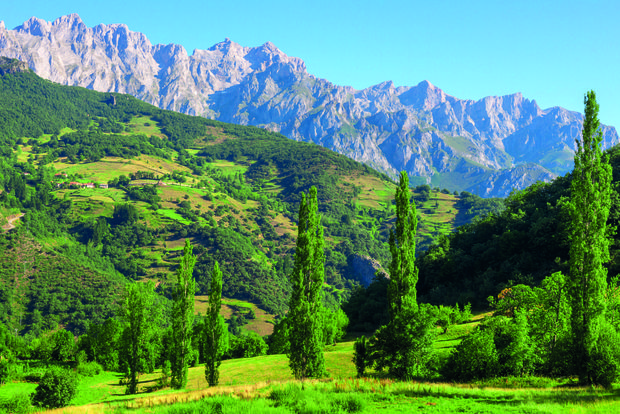
Proposal seeks to replace "outdated" Rioja classifications
A Spanish winery is lobbying to change guidelines to make it easier for premium and super premium wineries to differentiate themselves from others in the "Rioja brand".
Javier Galarreta, president, founder and CEO of premium winery Araex, is waiting to hear the outcome of his proposal sent to the Regulatory Board (Consejo) of Denominación de Origen Rioja in October 2015, asking it to change its labelling rules in order to activate sales and increase opportunities for premium and super premium Rioja.
Speaking to Harpers, he explained that his goal is for the Consejo to abolish the restrictions which stop municipalities - the smaller townships within Rioja sub-regions Alta, Alaversa and Baja - and also the small vineyards and plots (finca), from appearing on the label.
In its place, he wants to introduce "segmentation", which will allow for greater communication on where the wine has come from and how it was produced.
"Rioja is doing well in the medium and entry range, but high and super is not so strong," Galarreta said.
"For the quality of a singular vineyard or finca to come across to the consumer, we need to be able link the bottle of wine to the vineyard. This means providing information on the age of the vines and oenological information regarding the soils on the label."
The diversity and size of Rioja has lead to increasing calls for more differentiation.
The regulations are the same across the region, which is 40km from north to south, 150km from east to west and varies hugely in terms of soil elevation and climate.
Part of the problem, Galarreta says, is the "outdated" classification system which has long been the standard for Rioja wines, in which wines are either Crianza, Reserva or Gran Reserva depending on how long their have been left in barrel.
Galarreta explained: "We shouldn't consider Rioja as a whole. There are so many municipalities with their own microclimates and soil differences. Why not point out this winery is located here?"
According to Galarreta, the current system has affected uptake of premium and super premium brands in Rioja's biggest export market - the UK.
"Consumption and buying habits have changed and a lot of producers no longer feel served by the traditional categories," he added.
"For example, nowadays there are producers that want to age the wine in the bottle rather in barrel, which doesn't mean it has less quality. Big producers are selling at competitive prices in UK supermarkets which we can't compete with. Production costs more for us but we can't mention that on the label."
The Consejo is likely to make its decision regarding the proposal in September or October.




